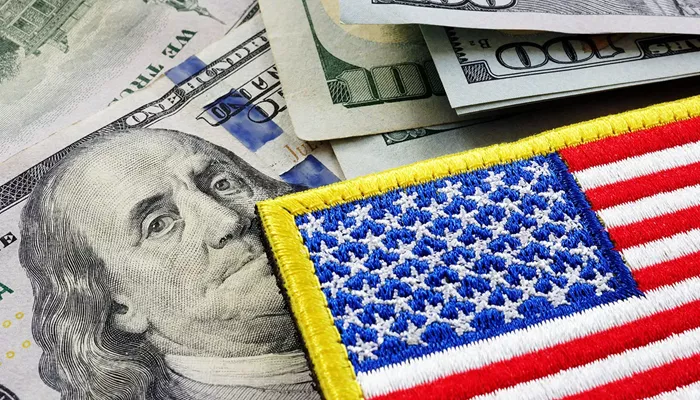The House of Representatives has passed a resolution to nullify the Consumer Financial Protection Bureau (CFPB) rule on overdraft fees, sending it to President Trump for approval. The resolution, H.J. Res. 18, was approved on Wednesday by a vote of 217-211. The Senate had already passed the resolution, and Trump is expected to sign it into law.
The rule in question would have capped overdraft fees at $5 for financial institutions with assets over $10 billion, unless they provided clear disclosures under the Truth in Lending Act or set a fee that reflects their actual costs. The rule was set to take effect on October 1, 2025, but financial trade groups had already filed lawsuits against it, challenging its implementation. Anticipating changes, Acting OMB Director Russell Vought requested a stay in the lawsuit.
Republican members of the House Financial Services Committee supported the resolution, arguing that the rule was poorly designed and rushed. Chairman Rep. French Hill (R-Ark.) criticized the CFPB for not conducting sufficient research before implementing the rule, and he argued that it ignored the costs involved in running an overdraft program, such as call center expenses, mailing, and regulatory compliance costs. He warned that the rule could lead many banks to stop offering overdraft protection altogether.
On the other hand, Democrats, including Rep. Maxine Waters (D-Calif.), defended the rule, noting that it does not ban overdraft fees but offers flexibility for large banks to charge higher fees if their costs are higher than the $5 cap. She emphasized that 97% of banks and nearly all credit unions would be exempt from the rule.
With the resolution now heading to President Trump, it’s expected that the rule will be blocked, putting an end to the CFPB’s proposed changes to overdraft fee regulations.
Related Topics:
Oil Prices Surge As China Shifts To Looser Monetary Policy In Bid To Boost Economic Growth
Oil Lease Sale Approved By Biden Administration: A Step Towards Drilling In Alaska
Oil Prices Decline Amid Easing Regional Tensions And China’s Stimulus Plans

